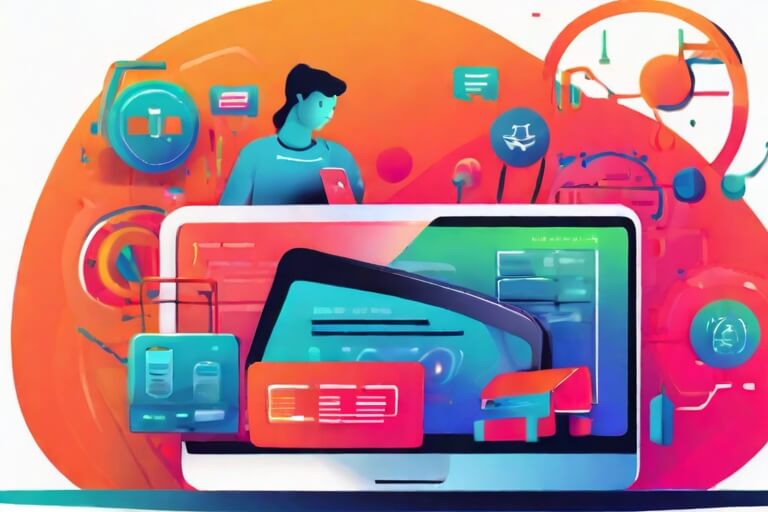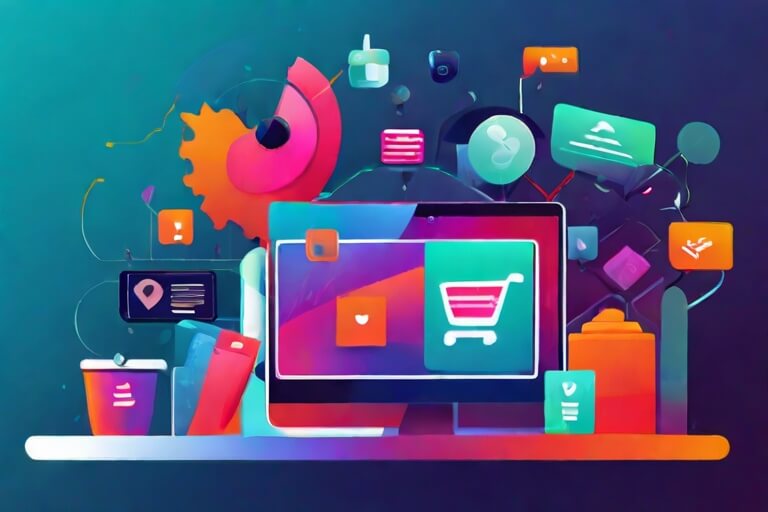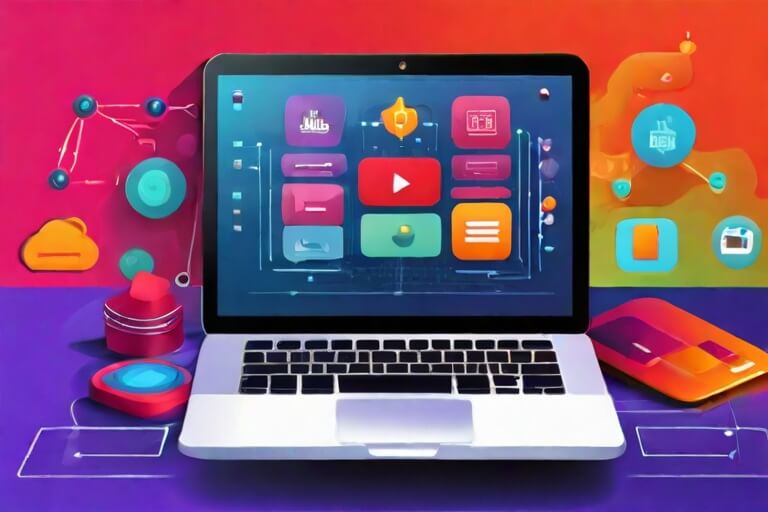AI and Gamification in Digital Product Marketing: Engaging Audiences Playfully

Artificial intelligence (AI) is revolutionizing the way digital product marketing is conducted. With its ability to analyze vast amounts of data and make predictions based on patterns, AI enables marketers to better understand their target audience and tailor their strategies accordingly. By using AI-powered algorithms, businesses can identify consumer preferences, predict purchasing behavior, and deliver personalized experiences.
One significant role of AI in digital product marketing is its capacity to automate repetitive tasks. This allows marketers to focus their time and energy on more strategic activities, such as crafting compelling content, implementing innovative campaigns, and engaging with customers. AI also enables real-time monitoring and analysis of marketing efforts, providing valuable insights and allowing for quick adjustments to optimize campaigns. Ultimately, the integration of AI into digital product marketing empowers businesses to deliver more relevant, personalized, and impactful experiences to their target audience.



